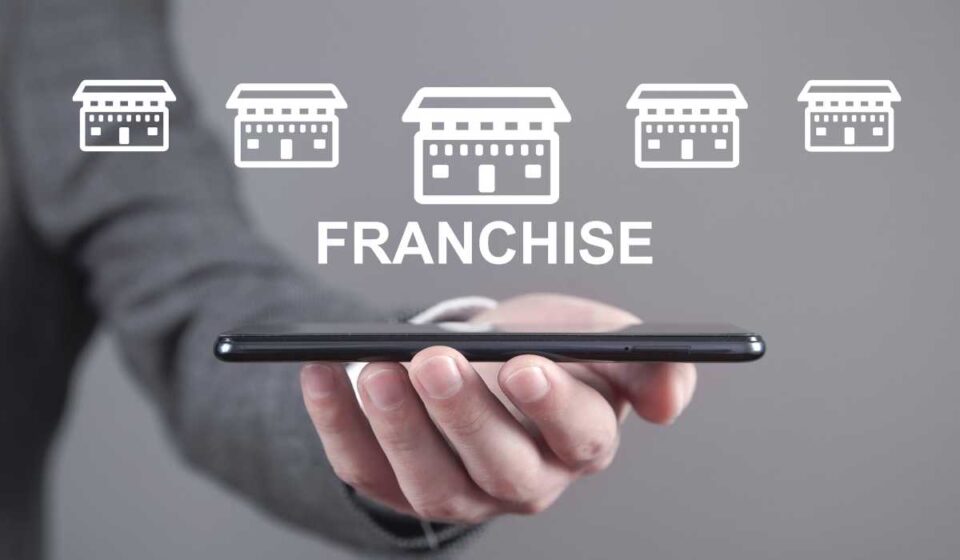Franchising has long been a cornerstone of business growth, offering entrepreneurs a proven blueprint for success. However, the franchise industry is undergoing a significant transformation, driven by digital tools, automation, and artificial intelligence (AI). These technologies are enabling franchises to streamline operations, enhance customer experiences, and improve scalability like never before. From smarter supply chains to automated customer service solutions, the franchise model is being reshaped to meet the demands of a fast-changing marketplace.
One of the most impactful areas of transformation is supply chain management. Traditional franchises often struggle with inefficiencies caused by manual processes and fragmented systems. Technology-driven solutions like real-time inventory tracking and AI-powered demand forecasting have revolutionized this space. For instance, Domino’s Pizza uses AI to predict ingredient demand across its stores, reducing waste and ensuring faster delivery times. A recent study by McKinsey found that franchises leveraging AI in supply chain management saw a 15% reduction in operational costs compared to traditional models.
Automation is also enhancing operational efficiency within franchise locations. Tasks like inventory checks, staff scheduling, and financial reporting are being automated through cloud-based platforms, freeing up time for franchise owners to focus on strategic growth. Companies like McDonald’s are experimenting with fully automated drive-thru systems, powered by voice AI, to reduce wait times and improve order accuracy. According to a report by Deloitte, automation has helped tech-enabled franchises achieve 20% higher profit margins than their traditional counterparts.
Customer service, a critical component of franchise success, is also benefiting from technological innovation. Chatbots, loyalty apps, and AI-driven customer insights are enabling franchises to deliver personalized experiences at scale. Starbucks, for example, uses its mobile app to offer customized rewards and order suggestions based on purchasing history, boosting customer retention. Franchises equipped with digital tools are reported to see a 25% increase in customer satisfaction scores compared to those relying on conventional methods, according to a report by Statista.
As these examples illustrate, technology is no longer a luxury but a necessity for modern franchising. Franchisors and franchisees that embrace these tools can achieve greater efficiency, better customer engagement, and stronger financial performance. However, the transition requires thoughtful implementation and ongoing training to ensure that the human element of service is not lost. By blending innovation with tradition, franchises can remain competitive in an era defined by digital transformation.


